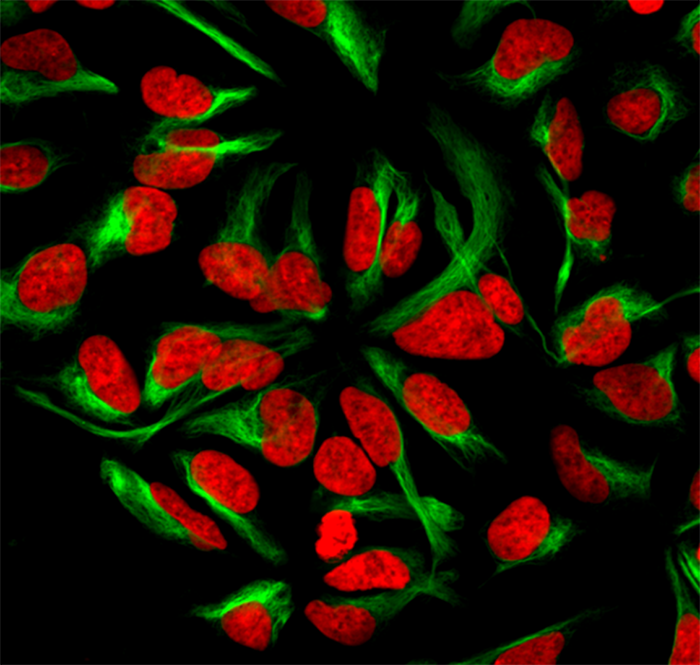Growing a fully functional heart or a liver in the laboratory to replace diseased organs may not remain a distant possibility. Scientists in different parts of the world are pursuing this ambitious goal using stem cells – the raw material from which other cells grow.
But this promising journey is not as smooth as it may sound, for the conduct and application of stem cell research is ethically far more challenging and complex than other health science disciplines. Questions about the acquisition of stem cells and their potential use or misuse concern all communities around the globe. Therefore, global ethics forums, guidelines, and regulations are in place to closely watch developments in stem cell research. How inclusive are these international forums of voices from diverse contexts remain debatable?
A recent article published in Stem Cell Reports highlights that the voices of faith communities, especially Muslims, are relatively silent in the global discourse on stem cell ethics. It advocates for the inclusion of Muslim perspectives so that the guidelines and regulations can speak to all the contexts participating in or benefiting from this research. The authors of the paper, who are members of an International Ethics Thinking Group, foresee that this inclusion can strengthen the understanding of ethical issues, improve global guidelines and regulations, enhance public engagement in ethics debates and policy development, and enable broader participation in the knowledge society.
“Religion provides the moral compass for addressing ethical issues in science and medicine for faith communities”, says Professor El-Nasir Lalani, Professor Emeritus at Aga Khan University and one of the contributors to the paper.
Representation of faith communities in devising policies is crucial, especially when contested sources such as human embryos are used in stem cell research, argue the authors. “International ethical guidelines currently rest on prevailing approaches to bioethics, which are largely dominated by a principle-driven approach that sees itself as universal,” write the authors. “Nominally secular, this approach has deep, historical indebtedness to the Western Christian tradition.”
Considering this inherent bias and the growing participation of Muslim countries in stem cell science, the authors call for consciously expanding the participation of thought leaders from the Muslim world in global discussions. How will it happen?
Acknowledging the diversity in the Muslim countries, the authors recommend that Muslim scientists, ethicists, lawyers, policymakers, religious scholars, and the public first need to pro-actively engage in deliberations within their own countries to build a consensus around ethical issues in stem cell research. Governments and higher education institutions in these countries need to create in-house opportunities for these stakeholders to come together to understand each other’s work and collectively look for answers to complex ethical problems. Without sufficient homework, it would be hard for Muslim societies to develop regulations relevant to their diverse contexts and which can help improve or shape the international guidelines.
On the other hand, government forums and international norm-forming bodies such as the International Society for Stem Cell Research can include thought leaders, researchers, and scientists from Muslim societies in developing and communicating guidelines for stem cell research.
Extending the scope of international dialogue could encourage the largely absent public debate and participation in policymaking in Muslim countries. Greater engagement can cultivate public trust and guard against unapproved and potentially harmful stem cell-based therapies. Including Muslims in the conversations can help develop a shared moral understanding enabling greater compliance with international guidelines. Finally, it can raise the standards of policies and practices in science and encourage greater participation from the Muslim world in the knowledge society.
This work is supported by the Aga Khan University Centre for Regenerative Medicine and Stem Cell Research.

COMMENTS